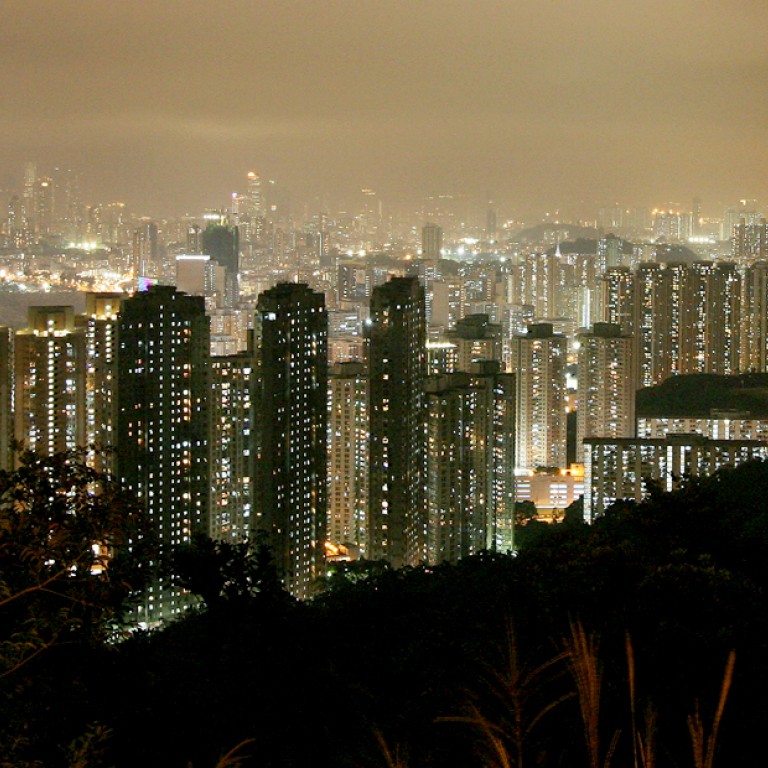
Hong Kong business groups give thumbs down to electricity imports from mainland
Business groups oppose proposal to buy 30pc of Hong Kong's electricity from across the border, citing concerns over reliability of mainland grid
Elite business groups have come out against a government proposal to import 30 per cent of Hong Kong's electricity from the mainland, favouring the present high degree of self-sufficiency.

The business sector, which consumes 23 billion kilowatt-hours, or half, of the city's electricity, cited concerns over the reliability of power sourced from the mainland grid.
"The import option should only be considered when we are comfortable with the mainland supply," a member of the Hong Kong General Chamber of Commerce said.
Tens of thousands of submissions are thought to have been filed to the Environment Bureau, which has come out strongly in favour of buying in more power.
The consultation reduces the issue to two options: to buy enough electricity from the Southern China Power Grid to meet 30 per cent of electricity demand - equal to 15 billion kilowatt-hours by 2023 - or to triple gas-fired local generation to 60 per cent.
The general chamber favours local generation, according to two members familiar with the body's draft position.
One member said the import option was clouded with many uncertainties, such as how to keep up the city's top-rated reliability of supply after connecting to the mainland grid.
He said CLP Power and HK Electric, both of which had members on the chamber's governing body, did not interfere in formulating its position. But another member admitted it was inevitable the firms' "feelings" would be taken into account.
Federation of Hong Kong Industries chairman Stanley Lau Chin-ho said the group would choose neither option. "We need more alternatives to widen our choices," he said.
Lau said federation members were concerned about rising costs under the local option and supply reliability under the import option. They believed a possible alternative was to increase nuclear energy imports via a dedicated transmission line.
HK Electric managing director Wan Chi-tin reiterated the company's preference for the local option as it filed its official submission. He denied the opposition to imports arose from fears about opening up the power market. "There is nothing we fear from market [opening]," he said. Instead, Wan questioned why the city had to now pick up an option that might have a far-reaching but unknown impact.
The Chinese Manufacturers' Association of Hong Kong said it was "inclined" to favour the local option. It disputed whether power imports would necessarily bring cheaper bills. Still, it believed the electricity market should be opened up to more competition in the long term.
The Business Environment Council also favoured the local option, but asked whether the threshold of 60 per cent gas-fired generation was too high. It said importing power required careful study before its adoption.
The only major business body that did not make a choice was the Chinese General Chamber of Commerce. A spokesman said it did not "specially discuss" the issue. The Australian Chamber of Business said it supported better interconnection with the mainland grid in the long term.
